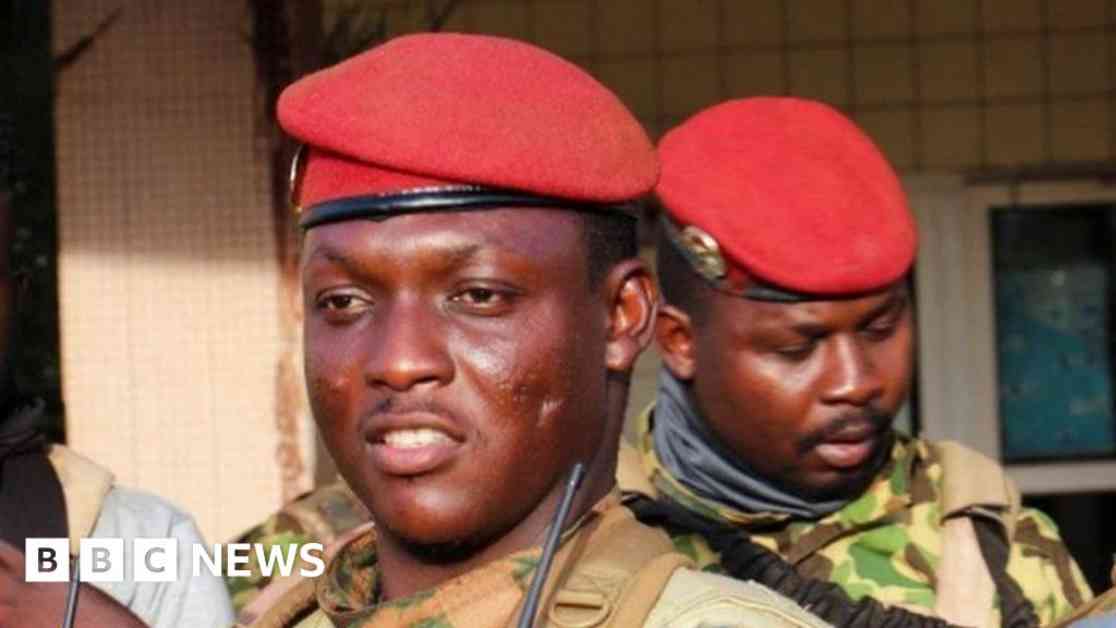Burkina Faso’s military junta has recently made headlines by announcing a ban on homosexual acts, becoming the latest African nation to take a stand against same-sex relations. The socially conservative West African state had previously frowned upon homosexuality, but it was not officially outlawed. The Justice Minister, Edasso Rodrigue Bayala, revealed that the junta’s cabinet had approved legislation to make homosexual acts punishable offenses, although specific details were not provided.
This decision comes in the wake of the military seizing power in Burkina Faso in 2022 and shifting its alliances towards Russia while reducing ties with former colonial power, France. Interestingly, Russia decriminalized homosexual acts in 1993, yet President Vladimir Putin’s government has since implemented measures to clamp down on the LGBTQ community, including a ban on what it terms as “propaganda of non-traditional sexual relations.”
The recent move by Burkina Faso to outlaw homosexual relations is part of a broader overhaul of its marriage laws. The proposed legislation, which still requires approval from the military-controlled parliament and junta leader Ibrahim Traoré, only recognizes religious and customary marriages. The Justice Minister was quoted as saying, “Henceforth homosexuality and associated practices will be punished by the law.”
Burkina Faso was previously among the 22 out of 54 African states that did not criminalize same-sex relations. Unlike many former British colonies, Burkina Faso did not inherit anti-homosexuality laws upon gaining independence from France in 1960. The country boasts a population where Muslims account for approximately 64%, Christians for 26%, and the remaining 10% follow traditional religions or have no faith.
Across the African continent, several nations have taken a tougher stance against the LGBTQ community in recent years. Uganda, for example, recently passed legislation that imposes severe penalties on individuals engaging in same-sex relations, including the death penalty for specific scenarios such as having gay sex with minors or when one partner is living with a life-threatening illness like HIV.
In neighboring Ghana, parliament approved a stringent bill in February that could result in a prison sentence of up to three years for those identifying as LGBTQ+. However, President Nana Akufo-Addo has yet to sign the bill into law, indicating that he will await a ruling on its constitutionality by the courts. The finance ministry has cautioned that Ghana risks losing significant funding from the World Bank if the bill is enacted, potentially amounting to $3.8 billion over the next five to six years.
These developments in Burkina Faso, Uganda, and Ghana underscore a broader trend of African nations grappling with issues related to LGBTQ rights and traditional values. The divergent approaches taken by governments highlight the complex socio-cultural dynamics at play across the continent and the ongoing debate surrounding human rights, legal frameworks, and international relations.

